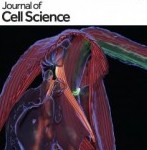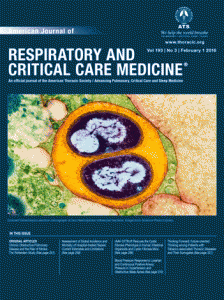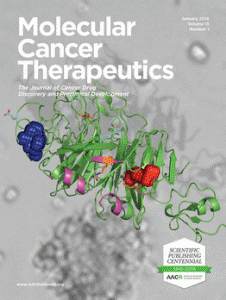 Two journals have published six expressions of concern for a pair of biologists at Rowan University, and are asking the university to undertake an investigation.
Two journals have published six expressions of concern for a pair of biologists at Rowan University, and are asking the university to undertake an investigation.
We contacted the editors of the two journals — Journal of Cell Science and Biology Open — who both said they decided to flag the papers after a reader raised concerns about potential re-use of blot images. The six papers are co-authored by John G. Pastorino, a molecular biologist at Rowan University in New Jersey and Nataly Shulga, whose LinkedIn identifies her as a research specialist at the same institution. According to the nearly identical notes, the journals (which share a publisher) undertook a review of the original data, but “felt unable to resolve this matter.”
The expressions of concern — five from the Journal of Cell Science and one from Biology Open — include pretty much the same text. Here’s the note that appeared in JCS:
Continue reading Journals flag 6 papers, request investigation of New Jersey university biologists








